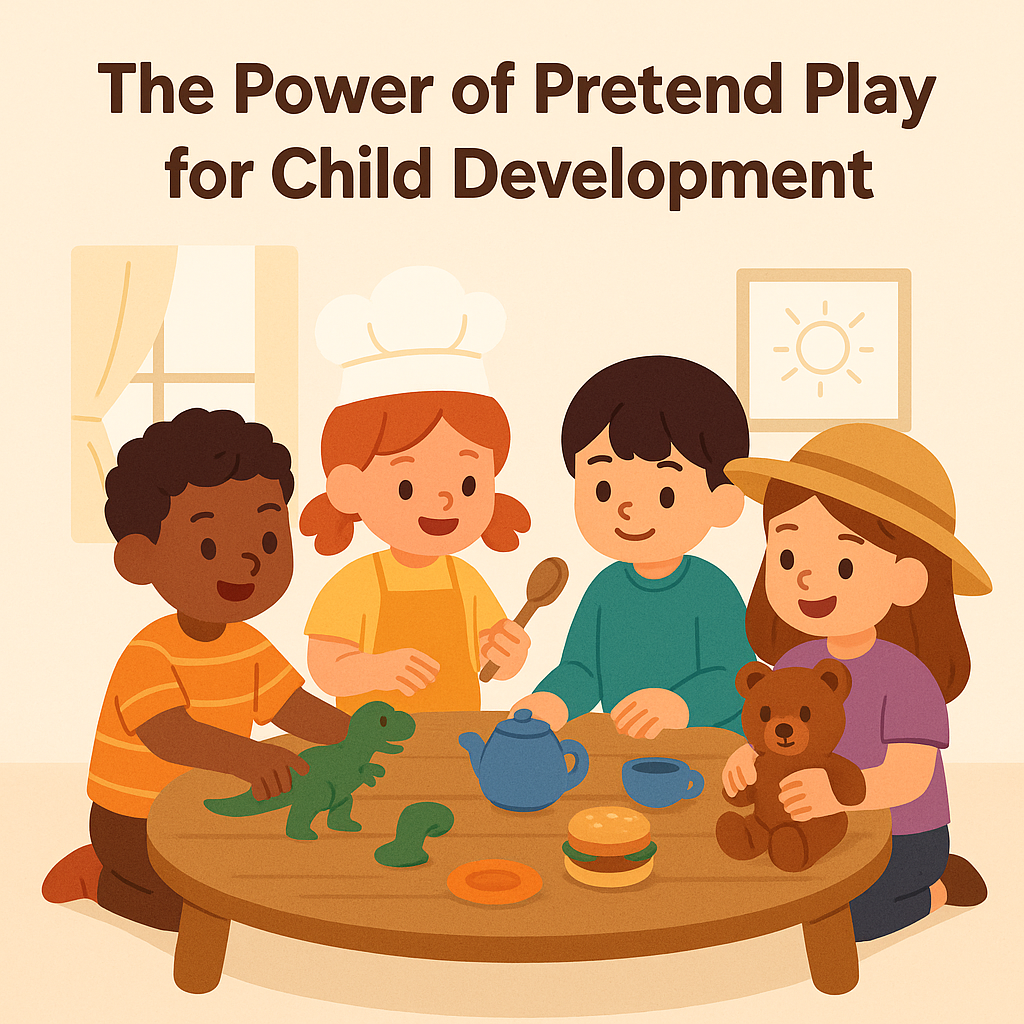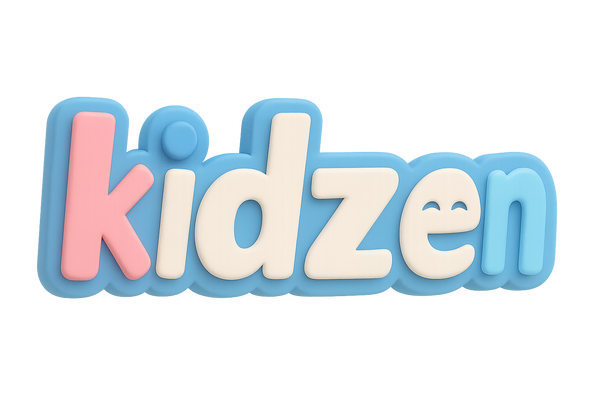
The Power of Pretend Play for Child Development
Share
Introduction
Pretend play—also known as imaginative or sociodramatic play—is a vital activity in early childhood that extends far beyond fun. According to the Child Mind Institute, when children engage in make-believe scenarios, they actively enhance creativity, emotional intelligence, social understanding, language, and executive function sciencedirect.com+15kidsfirstservices.com+15myticktalk.com+15favpng.com+15childmind.org+15raisingchildren.net.au+15pmc.ncbi.nlm.nih.gov+9childrensmuseumatlanta.org+9frontiersin.org+9journals.sagepub.com+7cps.ca+7sciencedirect.com+7journals.sagepub.com+1health.choc.org+1.
What the Research Says
-
Self-Regulation & Executive Function
A 2023 study in Frontiers in Psychology found that preschoolers who actively role-play show significantly stronger self-regulation skills—like impulse control and flexible thinking—compared to peers who don't . -
Social Competence
A meta‑analysis covering 34 empirical studies reported a positive correlation between high-quality pretend play and social competence in children aged 3–8 years scholarworks.uni.edu+4link.springer.com+4pmc.ncbi.nlm.nih.gov+4. While causality wasn’t confirmed, the data underscore a strong link. -
Cognitive & Language Growth
The Child Mind Institute reports that stoy‑rich play situations support language development—children learn new words and storytelling skills—and executive skills like working memory carepointeacademy.com+15en.wikipedia.org+15bmcpublichealth.biomedcentral.com+15childmind.org+1frontiersin.org+1.
Why This Matters Today
In an age where screens dominate leisure time, it’s critical to provide kids space for imagination. Studies show that excessive screen time in young children is linked with poorer social skills, delayed language development, and weaker emotional regulation pmc.ncbi.nlm.nih.gov+4bmcpublichealth.biomedcentral.com+4sciencedirect.com+4. Imaginative, screen-free play, on the other hand, offers a rich alternative.
How Parents & Educators Can Boost Pretend Play
-
Provide simple props such as dress-ups, tools, and toy food.
-
Join play: research shows even 5 minutes of parent-led pretend play boosts relationship, creativity, and self-regulation verywellfamily.com+2childmind.org+2frontiersin.org+2.
-
Create a play-friendly environment by limiting screen time and giving kids unstructured time.
Conclusion
Pretend play isn't just child's play—it’s a developmental powerhouse. With academic backing, it fosters creativity, cognitive growth, emotional maturity, and social competence. For parents and educators, enabling imaginative play means guiding children toward lifelong learning and resilience.
